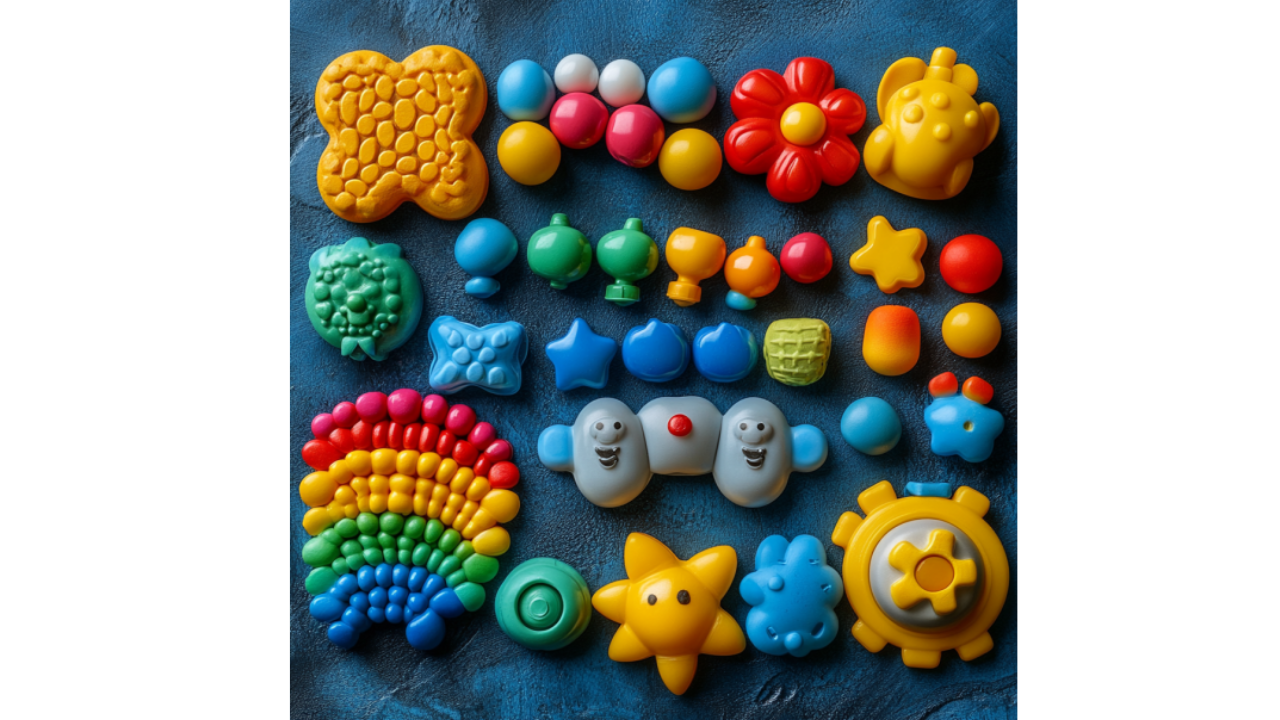Sensory-Friendly Event Marketing
Creating inclusive events that cater to all audiences, including those with sensory sensitivities, is no longer a nice-to-have—it’s a necessity for...
3 min read
 Writing Team
:
Nov 25, 2024 11:48:07 AM
Writing Team
:
Nov 25, 2024 11:48:07 AM

As the retail landscape continues to evolve, inclusivity must remain at the forefront of innovation. While much attention has been given to accessibility in terms of mobility, the needs of neurodivergent individuals—those with autism, ADHD, dyslexia, and other neurological differences—are often overlooked. By rethinking physical retail spaces, businesses have the opportunity to create environments that are more welcoming, accommodating, and inclusive for neurodivergent shoppers.
Here’s how retailers can go beyond the conventional to revolutionize the shopping experience for this growing and often underserved community.
For neurodivergent individuals, sensory overload can turn a shopping trip into a stressful experience. Retailers can mitigate this by designing spaces that are sensitive to diverse sensory needs.
Confusing layouts and lack of clear direction can create anxiety for neurodivergent shoppers. Streamlining navigation ensures a smoother and more enjoyable shopping experience.
One-size-fits-all doesn’t work for neurodivergent shoppers. Customizable experiences can make a world of difference.
Harness technology to create retail spaces that cater to neurodivergent needs.
Checkout is often a pain point due to long lines, sensory overload, or social interaction anxiety. Simplifying and diversifying checkout options can alleviate these issues.
Communication preferences vary greatly among neurodivergent individuals. Offering multiple ways to interact ensures everyone feels comfortable.
Involve neurodivergent individuals in the design process to ensure their needs are authentically addressed.
Traditional marketing often focuses on visual and auditory channels, but neurodivergent shoppers may respond better to other sensory stimuli.
Inclusivity isn’t just about design—it’s about creating a culture that values and supports neurodivergent individuals.
A truly inclusive retail experience requires continuous improvement.
Redesigning physical retail spaces for neurodivergent shoppers isn’t just about accommodating a specific group—it’s about building better, more inclusive environments for everyone. By embracing innovative ideas, investing in community feedback, and prioritizing empathy, retailers can position themselves as pioneers in accessibility and inclusivity while creating meaningful experiences for all shoppers.
With the right approach, rethinking retail spaces for neurodivergent individuals can go from a niche consideration to a standard of excellence, setting a new benchmark for what it means to be a truly inclusive brand.

Creating inclusive events that cater to all audiences, including those with sensory sensitivities, is no longer a nice-to-have—it’s a necessity for...

Walk into most retail environments and you're immediately assaulted: fluorescent lights blazing overhead, music pulsing through speakers, competing...

Sensory branding has become a powerful tool for creating emotional connections with consumers. By appealing to multiple senses—sight, sound, touch,...